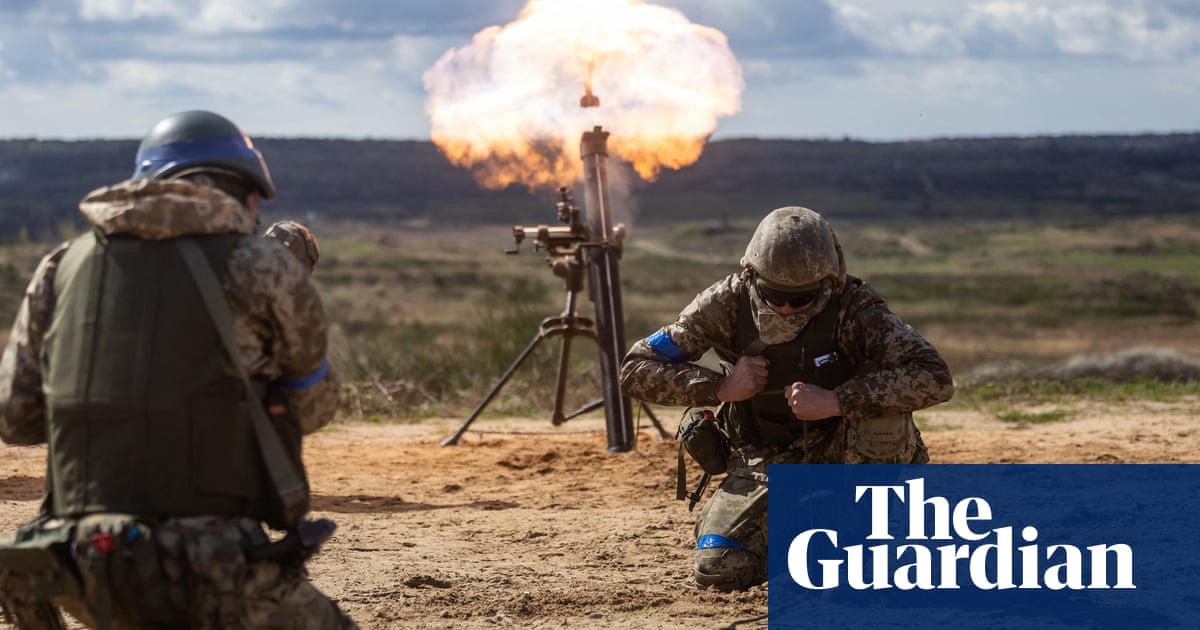
LONDON/MOSCOW, Aug 19 (Reuters) - The fate of Afghanistan after a 20-year war led by the United States means that the West"s resolve is now perceived as weak by major adversaries such as Russia, British Defence Secretary Ben Wallace said on Thursday.
Afghanistan"s war has cost several hundred thousand lives and trillions of dollars but the militant Islamist Taliban are now back in power, and the West"s leading powers are scrambling to evacuate their diplomats and Afghan staff from Kabul airport.
"What I"m uncomfortable with is that we have a world order now where resolve is perceived by our adversaries as weak, the West"s resolve," Wallace told BBC TV.
"That is something we should all worry about: if the West is seen not to have resolve and it fractures, then our adversaries like Russia find that encouraging," Wallace told LBC radio.
In Moscow, Nikolai Patrushev, secretary of Russia"s Security Council and one of President Vladimir Putin"s closest allies, questioned Washington"s commitment to Ukraine in light of the rushed exit from Afghanistan. read more
Britain fears the Taliban"s return and the vacuum left by the West"s chaotic withdrawal will allow militants from al Qaeda to regain a foothold in Afghanistan, just 20 years after the Sept. 11, 2001 attacks on the United States.
"Around the world, Islamists will see what they will view as a victory and that will inspire other terrorists," Wallace said.
Russia"s Patrushev cast doubt on the resolve of the United States to protect its allies in Europe, citing Ukraine.
"Kyiv is obsequiously serving the interests of its overseas patrons, striving to get into NATO," Patrushev told the Izvestia newspaper, referring to Ukrainian aspirations - strongly opposed by Moscow - to join the U.S.-led military alliance.
"But was the ousted pro-American regime in Kabul saved by the fact that Afghanistan had the status of a principal U.S. ally outside NATO? (No). A similar situation awaits supporters of the American choice in Ukraine," predicted Patrushev.
Russia remains firmly focused on Ukraine after annexing its Crimea region in 2014 and backing an uprising that same year that has left eastern Ukraine in the hands of Russian-backed separatists. Kyiv says the conflict has killed 14,000 people.
Reporting by Sarah Young and Guy Faulconbridge in London and Andrew Osborn in Moscow; Editing by Kate Holton, Michael Holden and Mark Heinrich
Our Standards: The Thomson Reuters Trust Principles.












